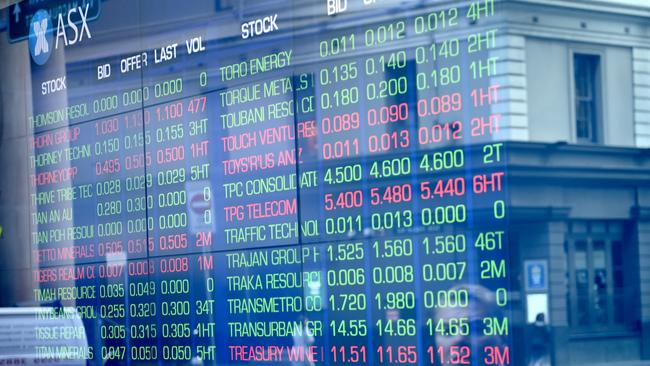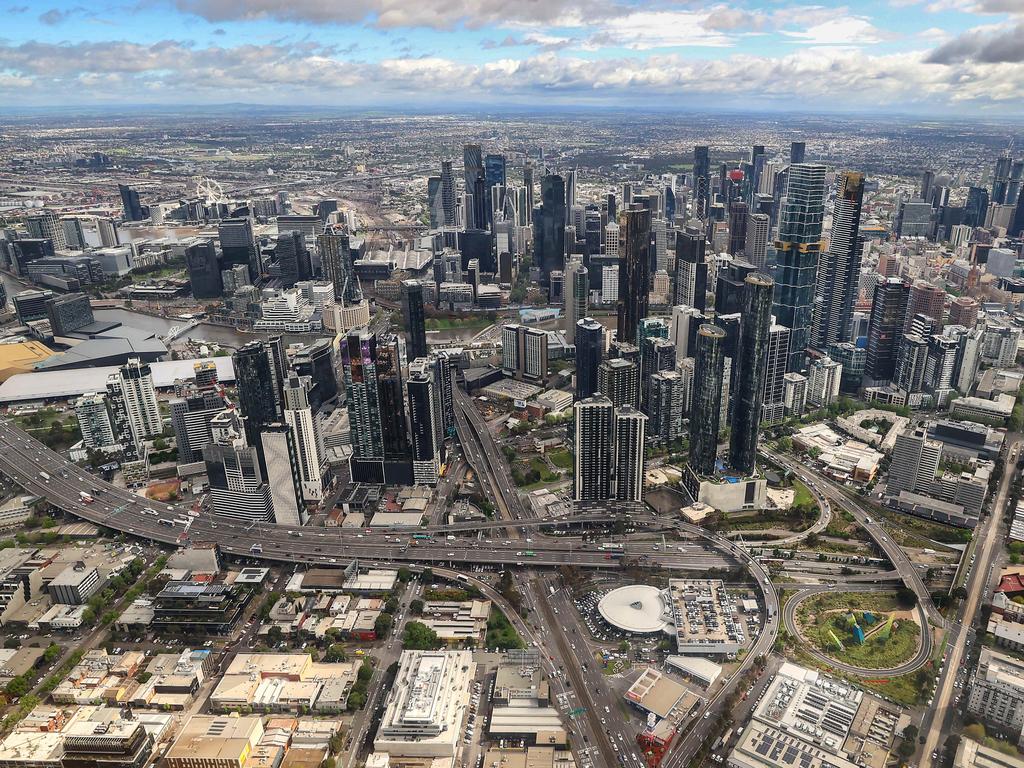
It started with an interest in tracking global city populations (Tokyo: 37 million and falling) and country GDPs (which the US has topped since the 1870s). Simple lists, especially those viewed across time, show the rise and fall of cities and empires. Changes to the natural order of things raises the question, for example, of how long the American empire can last.
My current interest is the rise and fall of the world’s largest publicly listed corporations. This is a blueprint, a road map, for a country’s prosperity. The world’s most valuable (by market capitalisation) business entity is the Apple Corporation, founded in 1976.
The reason why the US is the world’s most powerful nation is because it has the ability to create new global businesses within a single generation. Not just Apple, but also Microsoft (1975), Google (1998), Amazon (1994), NVIDIA (1993), Meta (2004) and Tesla (2003). Seven of the 10 most valuable corporations are tech companies based in the US, mostly Silicon Valley; they were created within a 30-year burst of entrepreneurial energy. It prompts the question: Has there been another time in history when so many top-10 global businesses were formed in such a short period of time?
The most valuable businesses based in France are luxury goods. The top four (by market cap) are LVMH, L’Oreal, Hermès and Dior. Why is that? Could this be an intergenerational dividend of France’s obsession with luxury stemming from Louis XIV, the so-called Sun King of Versailles?
And why are two of the top 10 Canadian businesses railways (Canadian National and Canadian Pacific)? Australia’s top business, by contrast, are spread out over resources, banking, retail, pharmaceutical (CSL) and technology (Atlassian).
Nations evolve businesses to scale that reflect their resources, geography and cultural predisposition. Banking and oil companies are present in many developed nations. For all its flaws, the US delivers entrepreneurial ability on a scale unmatched by any other nation. Who knows where today’s technology behemoths, and others still being formed, might take artificial intelligence over the next decade, let alone across the 21st century?
When viewed through this global lens the kinds of businesses I would expect to evolve, by a process of Darwinian evolution in Australia, are businesses like those we have in resources.
I would also expect others to emerge at scale in agribusiness, civil engineering, ship building including submarines, and maybe in some kinds of lifestyle products. But there’s more that we need to deliver business success at a global scale. It is a national narrative about our unique ability to project our skills, our resources and our way of life to the rest of the world. The Americans have that self-belief in technology. The French have it in luxury goods. The Canadians must have it in railways!
We will develop and we will retain ownership of businesses that use Australian skills and resources to create prosperity for the Australian people in the decades to come. That is, or that should be, our storyline.








I am not one to while away the hours reading a novel. Although I am apt to lose myself for hours reading a riveting set of internet rankings.